What started as a crazy idea at a kitchen table in York, UK in 2013 has become a powerful global movement that inspires millions each year to change the way we eat to protect animals, the planet, and our future.
There are now dedicated Veganuary campaigns across Europe, Asia, Africa, North and South America, and Australia. We’ve counted people participating from every country in the world (except Vatican City and North Korea).
And we’ve seen overwhelming media coverage around the globe – from TV reports about Veganuary in Canada, Chile, South Korea, Brazil, and Taiwan to dozens of media stories in Greece, China, Japan, and even Ghana!
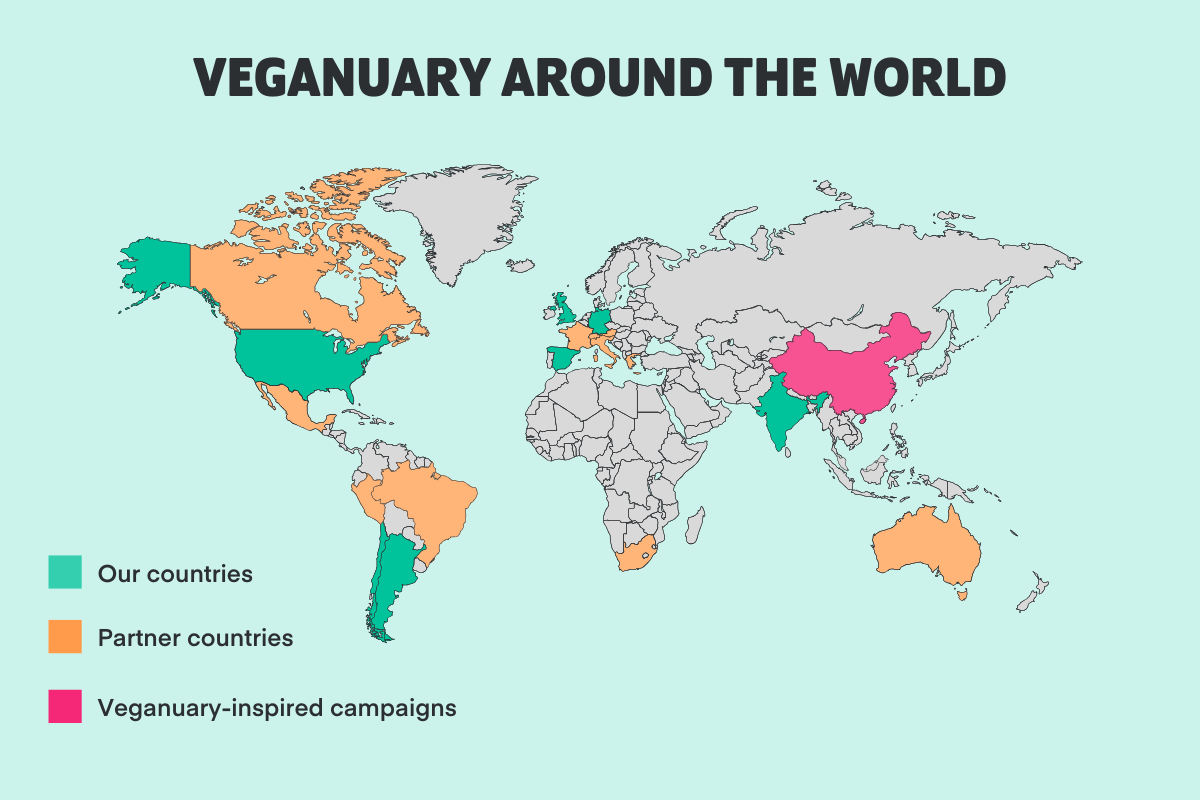
In previous campaigns, we measured participation based on how many people opted into our 31-day email series via our website. However, we know that this does not reflect the true number of participants, as many people take part without officially registering through the website.
As we learn from the success we’ve seen in the UK and expand to new countries, our priority is measuring global participation. Since Veganuary launched its first pledge in January 2014, millions of people – coming from almost every country in the world – have taken part.
To better understand and measure participation around the world, we now commission surveys in our core campaign countries to establish the percentage of people who report having taken part in Veganuary during the month.
Based on the survey results and the current population estimates for each country, we calculated that roughly 25.8 million people worldwide chose to try vegan in January 2025.
These figures provide an exciting glimpse into the broader public participation in Veganuary and its influence as a social movement, and we’re looking forward to evaluating the impact of Veganuary further in the years to come.
Everyone has their own reasons but we find these three issues come up time and again.
For many, trying veganism is about ending their role in animal suffering. Life for most animals on a modern farm is a miserable existence. Most chickens, turkeys, ducks and geese are raised in huge warehouse-style sheds with tens of thousands of other birds and little to occupy them. They will never feel the sun on their backs, breathe fresh air or scratch in the earth.
Pigs are also often intensively farmed, which can mean being locked inside tiny farrowing crates for weeks on end. Cows on dairy farms are impregnated again and again to keep their milk flowing, while sheep are likely to be surgically impregnated to ensure high conception rates. All mothers on farms have their young taken from them, and all animals – including those reared under free-range or organic systems – end their days at a slaughterhouse.
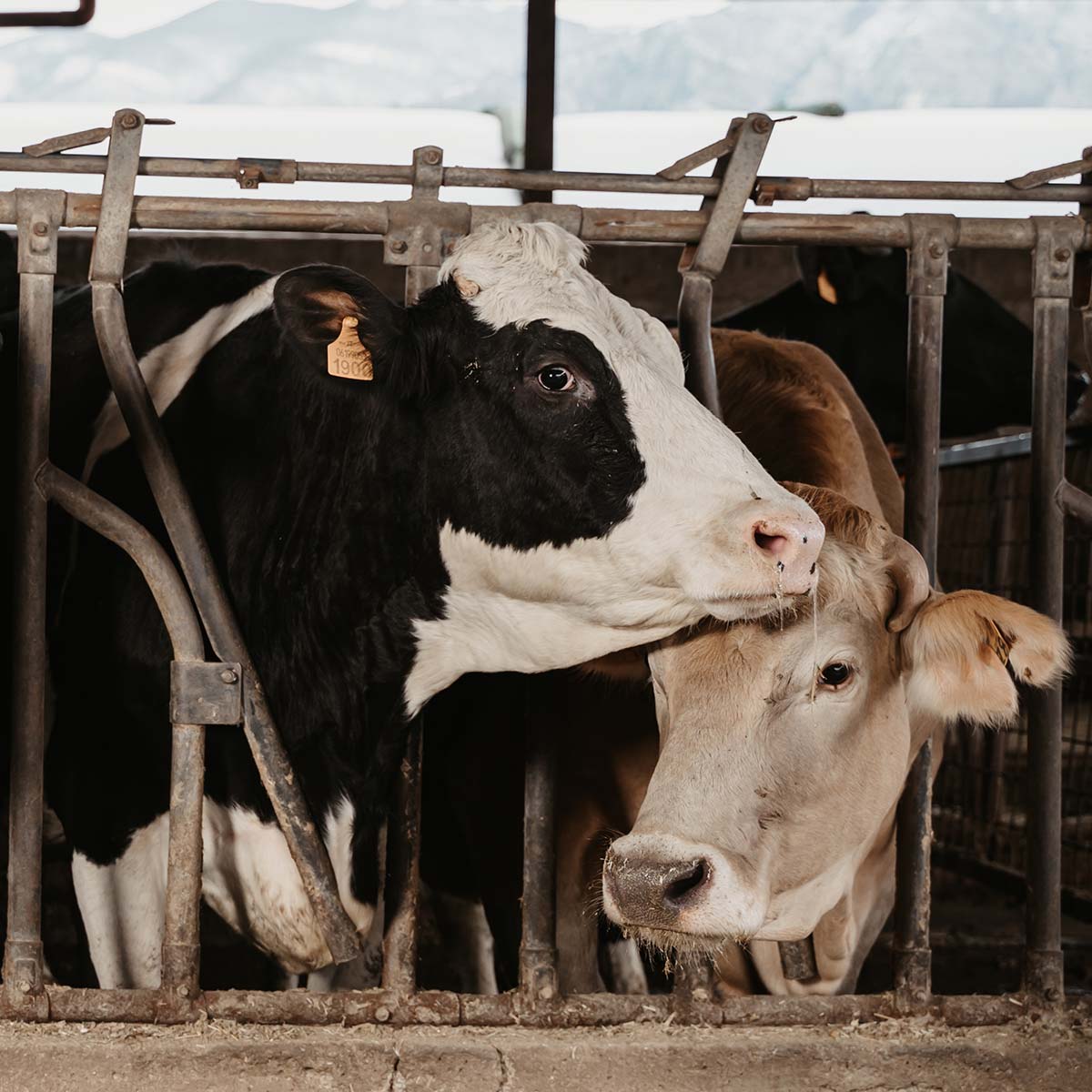
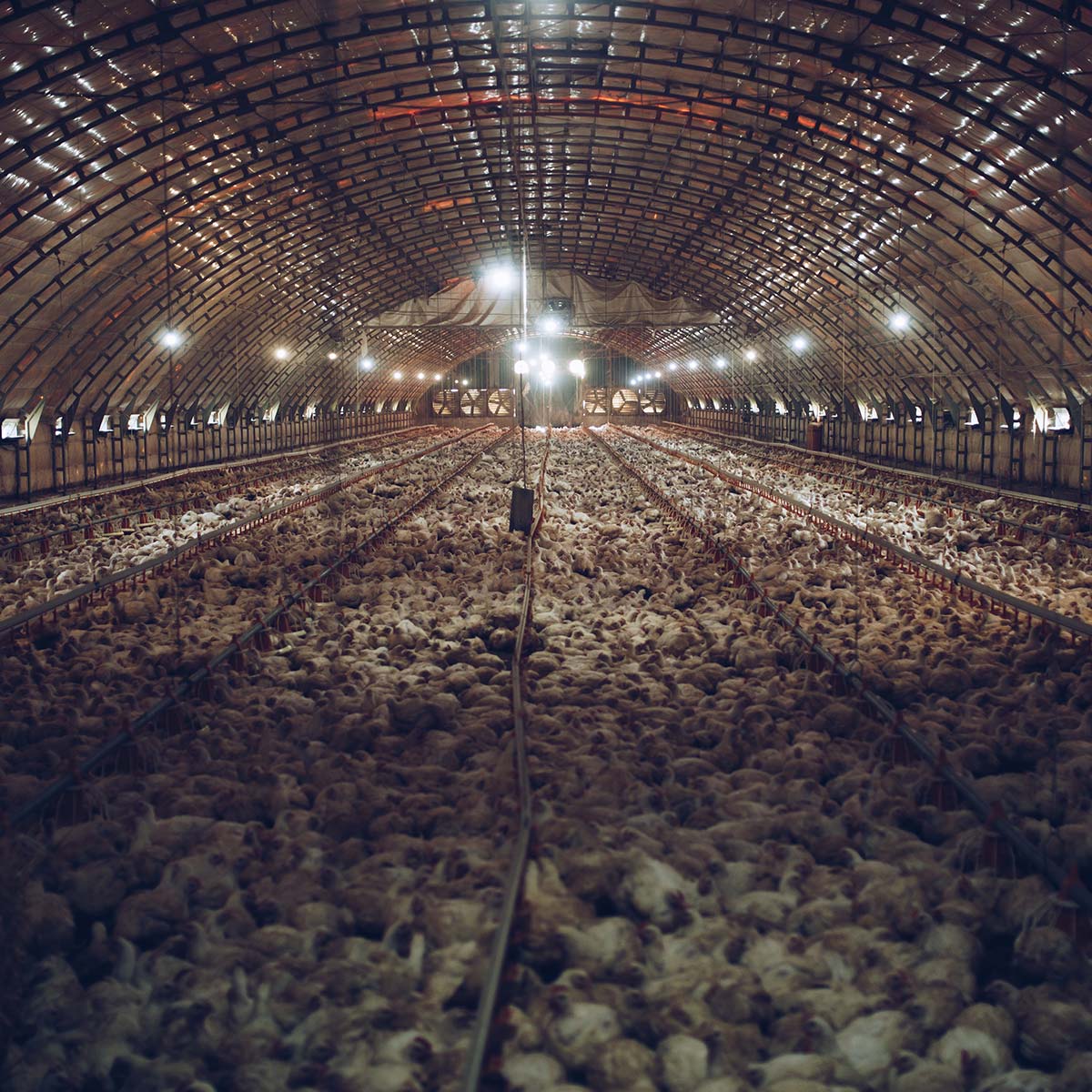
Research is increasingly showing the link between what we eat and damage to our planet. Animal farming is a leading emitter of climate-changing gases. It provides us with just 18 per cent of our calories and yet is responsible for 60 per cent of agriculture’s greenhouse gas emissions. Oxford University research shows that plant foods – including nuts and soya – have a far less damaging impact than animal foods.
The lead researcher concluded that becoming vegan was ‘the single biggest thing’ a typical consumer could do to help protect the planet.
Because it requires so much more land than is needed to farm plants, animal agriculture is also a key driver of deforestation. Huge swathes of trees are cleared to make way for animals to graze or to grow crops to feed to animals on intensive farms. The animals who once lived in the forest must flee or die out.
Animal farming is also responsible for much air, soil and water pollution, including causing or exacerbating ocean dead zones. These are areas where there is so little oxygen, nothing can survive.
Fish are scooped out of the ocean in their billions and fed to farmed animals including fish. And most of the plastic found in the Great Pacific Garbage Patch actually comes from abandoned fishing gear. Consuming animals contributes to this pollution and our oceans dying.

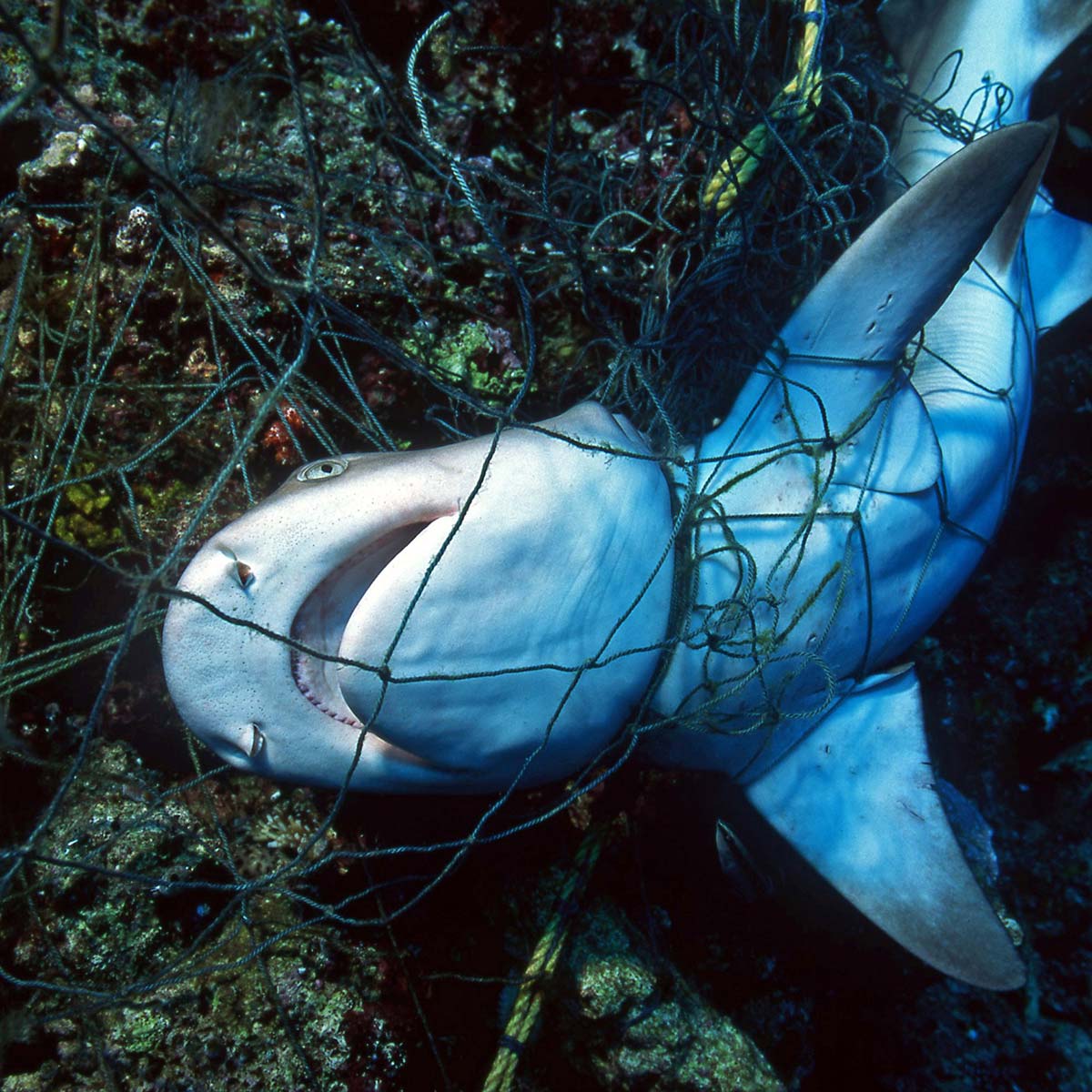
Many people try vegan for a month because they want to see if it will improve their health. Decades of research links our diets to a whole array of health conditions, and suggests that vegans suffer less from heart disease, type 2 diabetes and some cancers.
Some of those who take part in Veganuary report significant health improvements in those first 31 days – from sleeping better to improved digestion and clearer skin! We can’t promise everyone who takes part will see incredible health improvements but many say they do!
Every person who reduces or ends their consumption of animal products is having a positive impact, but it can be fun, too! Veganuary aims to ensure everyone who takes part has an enjoyable, exciting and eye-opening experience, and we must be doing something right! 98 per cent of participants who respond to our surveys tell us they would recommend taking part in Veganuary.

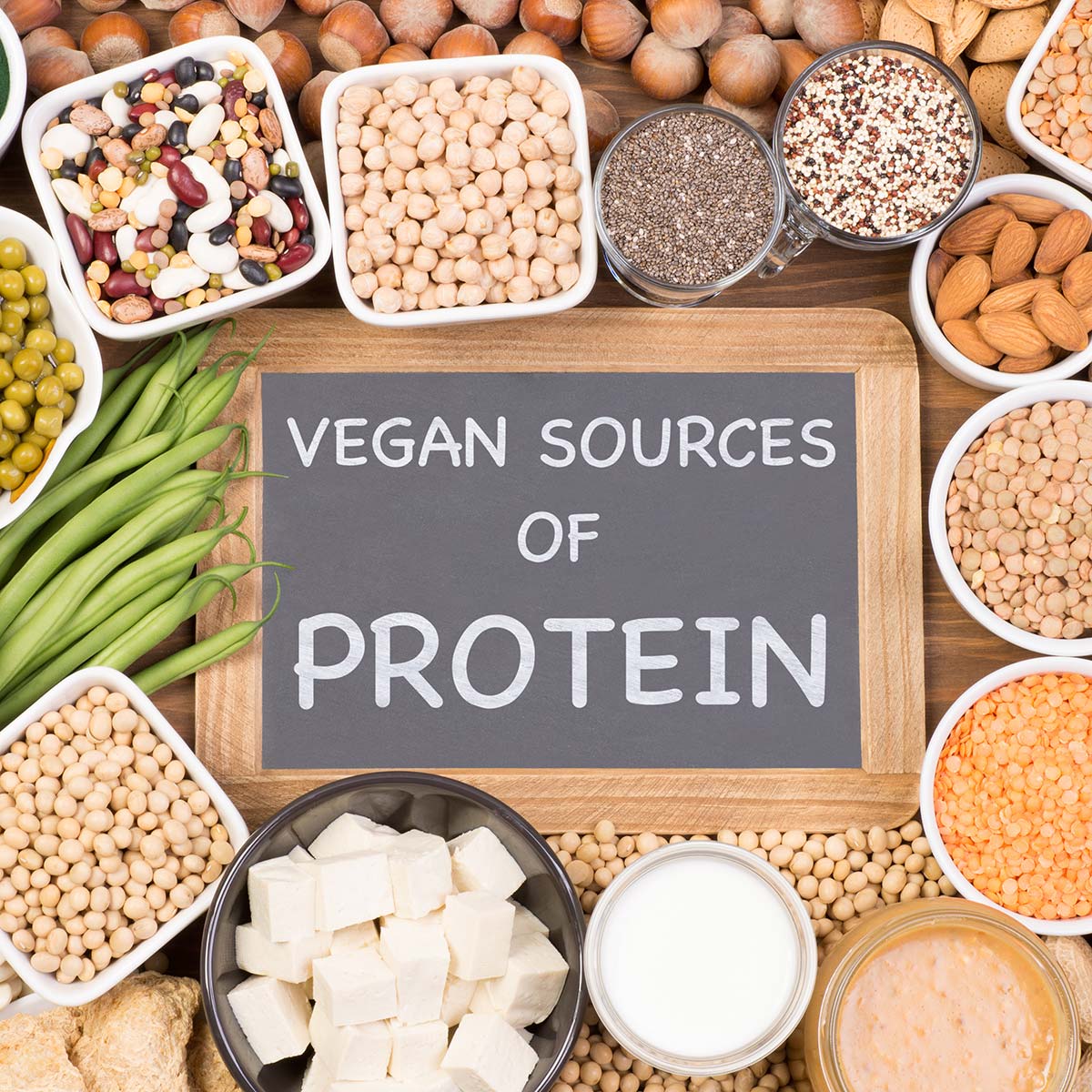
Join in to receive a celebrity e-cookbook along with 31 days of inspiring recipes, nutrition tips and more. All our resources are 100% free!
